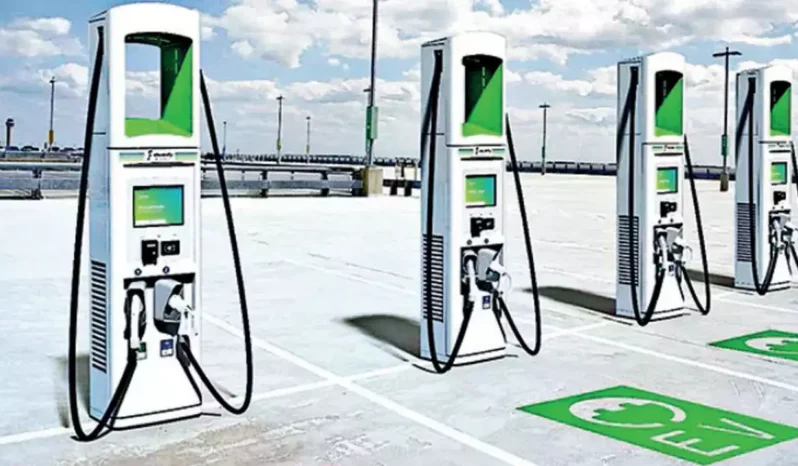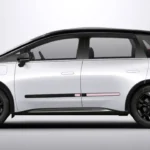Bengaluru, the “Silicon Valley of India,” is at the gates of an electric, sustainable journey toward mobility. Densely inhabited and with its escalating vehicular pollution, transitioning to electric vehicles is no longer an option but an urgent call for action. However, there’s one particular challenge. The development of robust EV charging infrastructure. Experts say that by the year 2030, more than 36,000 charging stations will be needed to achieve the ambitious targets set for Bengaluru.
State of EV Adoption in Bengaluru
Environmentally conscious city dwellers are increasingly adopting eco-friendly measures. This includes EVs. However, the sudden spate of interest in the city has not been offset by adequate charging networks. As of late 2023, India had only about 1,800 public charging stations. The Indian Electric Vehicle Market Analysis report states that over 500,000 EVs will hit Bengaluru roads by 2030. It requires a huge network of charging stations to service the boom. Experts have suggested that a number of charging stations would be equal to one for every 20 EVs.
Why Invest in EV Charging Infrastructure?
Economic Gains
- Employment Generation: This industry will generate jobs in the manufacturing, installation, and after-sales of chargers.
- Incentive for Investment: Firms in EV technology are likely to be attracted to cities with good infrastructure.
- Energy Security: This will reduce import dependence on fossil fuels, stabilize energy costs, and increase energy security for India.
Environmental Benefits
- Bengaluru’s air needs immediate action. Transportation sources account for nearly 40% of Bengaluru’s air pollution, according to CSE.
- The faster an electric vehicle market is accelerated, Bengaluru can save 11 million liters of fuel every year and 25,700 tonnes of CO2 emissions annually.
Charging Infrastructure: Steps in the Right Direction
- Project JOULE: Supported by companies such as Amazon and Uber, the project looks to create a shared network of charging stations throughout the city. The company is committed to an investment of $2.65 million, which will support more than 5,500 EVs by 2030 in this expansion plan.
- Electric Vehicle and Energy Storage Policy: Under this state policy, incentives are provided to the EV manufacturers and buyers as well, which has taken the penetration levels quite high.
Also Read: BMW i7 Price: Unlock the Secrets of Luxury!
ELCTRIK Speaks
In Bengaluru, an electric vehicle revolution in the not-too-distant future promises cleaner air and efficient sustainable urban mobility. Bengaloreans can feel sure of their ability to charge their electric vehicles on their doorsteps. It could prove as easy as going to a petrol pump and finding a spare. The government agencies devising supportive policies, the businesses investing in the infrastructure development and citizens embracing choice for sustainability.






